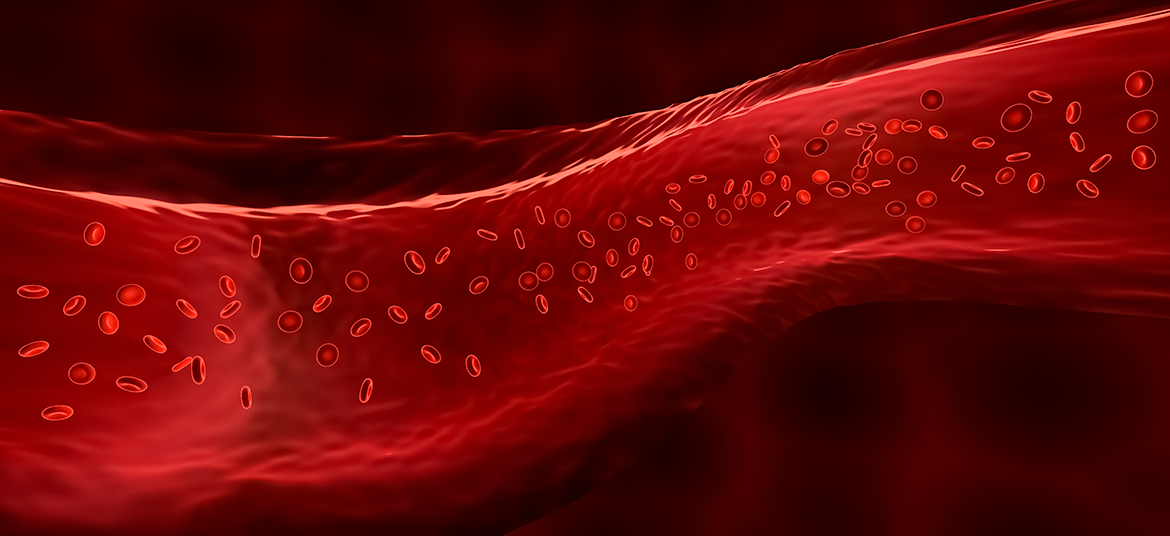
Humacyte Sends First Shipment of Human Acellular Vessels to Ukraine as Part of Humanitarian Efforts
Humacyte’s innovative bioengineered blood vessel will soon be in the hands of surgeons on the front lines of Ukraine. Besides the use for Vascular Access creation and Peripheral Arterial Disease (PAD), the Human Acellular Vessel (HAV) can be used as a conduit for repairing vascular trauma suffered by Ukrainians during the ongoing conflict.
Humacyte, a clinical-stage biotechnology company backed by a substantial investment from Fresenius Medical Care, manufactures universally implantable blood vessels used for vascular repair and replacement. After an eight-week culturate period in a bioreactor system followed by decellurization, the HAVs are ready for implantation. Once implanted, an HAV can remodel its vascular structure to become the recipient’s own tissue, enabling it to serve as an effective replacement for the original vessel. Preclinical and clinical study results have shown HAVs to be both infection and obstruction resistant. The HAV has not received FDA or EMA approval for any indication, but clinical trials are ongoing in vascular trauma and other types of vascular disease. Ukrainian hospitals are dealing with waves of injured soldiers and civilians suffering from vascular trauma as fighting continues throughout the country. The HAV’s unique capacity for vascular replacement makes it a vital resource that surgeons can use to restore blood flow to an injured patient’s limb.
“This initiative began as a request from one Ukrainian surgeon who was familiar with the HAV. Quickly, requests grew from other surgeons and sites around Ukraine. We continue to receive requests from local surgeons for the product candidate and plan to coordinate shipments to additional hospital sites as soon as possible,” said Laura Niklason, M.D., Ph.D., Chief Executive Officer of Humacyte. “Humacyte is proud to contribute to the ongoing Ukraine medical relief and to support the patients and the brave medical providers on the ground during this humanitarian crisis. I’m immensely grateful to the Humacyte team for their tireless work seeing this through.”
HAVs have shown great promise in clinical trials, specifically in applications such as vascular access in hemodialysis patients and recently, in preclinical studies using a small diameter HAV to bypass blocked coronary arteries for patients suffering from heart disease. Clinical trials for the use of the HAV in vascular trauma are being finalized and show equally promising results. The use of the HAV in the ongoing crisis in Ukraine may demonstrate the vessel’s real-world benefits in ways that were not originally envisioned yet could help to save lives and demonstrate its versatility. Despite still being in clinical trials for vascular trauma, Humacyte received priority designation for the use of HAVs by the United States Secretary of Defense. Humacyte has planned and coordinated their humanitarian efforts alongside the Ukraine Ministry of Health and the Office of International Programs at the US Food and Drug Administration (FDA) in preparation of their first shipment.
“Our team at Fresenius Medical Care is proud of the humanitarian aid that our partner, Humacyte, has committed in supplying their human acellular vessels (HAVs) to surgeons across Ukraine. The immediate availability of the HAV and the emergency uses for the repair of traumatic blood vessel injuries in a warzone are perfectly illustrating the unique benefits of this truly transformative and innovative medical care product,” said Jan Walter, President, Emerging Businesses, Fresenius Medical Care.
The initial shipment of HAVs is expected to reach six hospitals in cities across Ukraine, and Humacyte plans to deliver subsequent shipments to additional locations.
To learn more about the potential use of Human Acellular Vessels in hemodialysis, listen to the Field Notes podcast episode with Dr. Laura Niklason, CEO and Founder of Humacyte.


